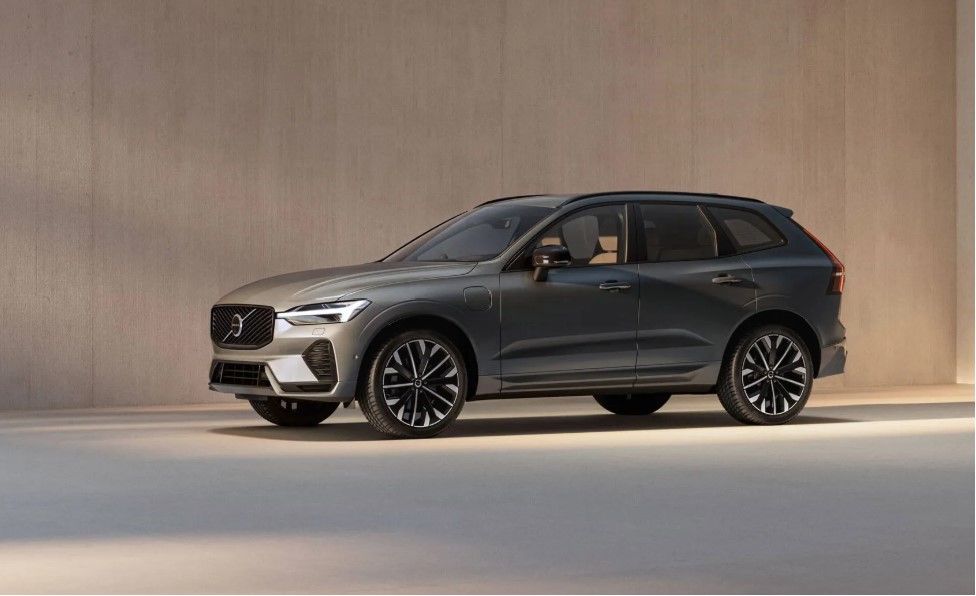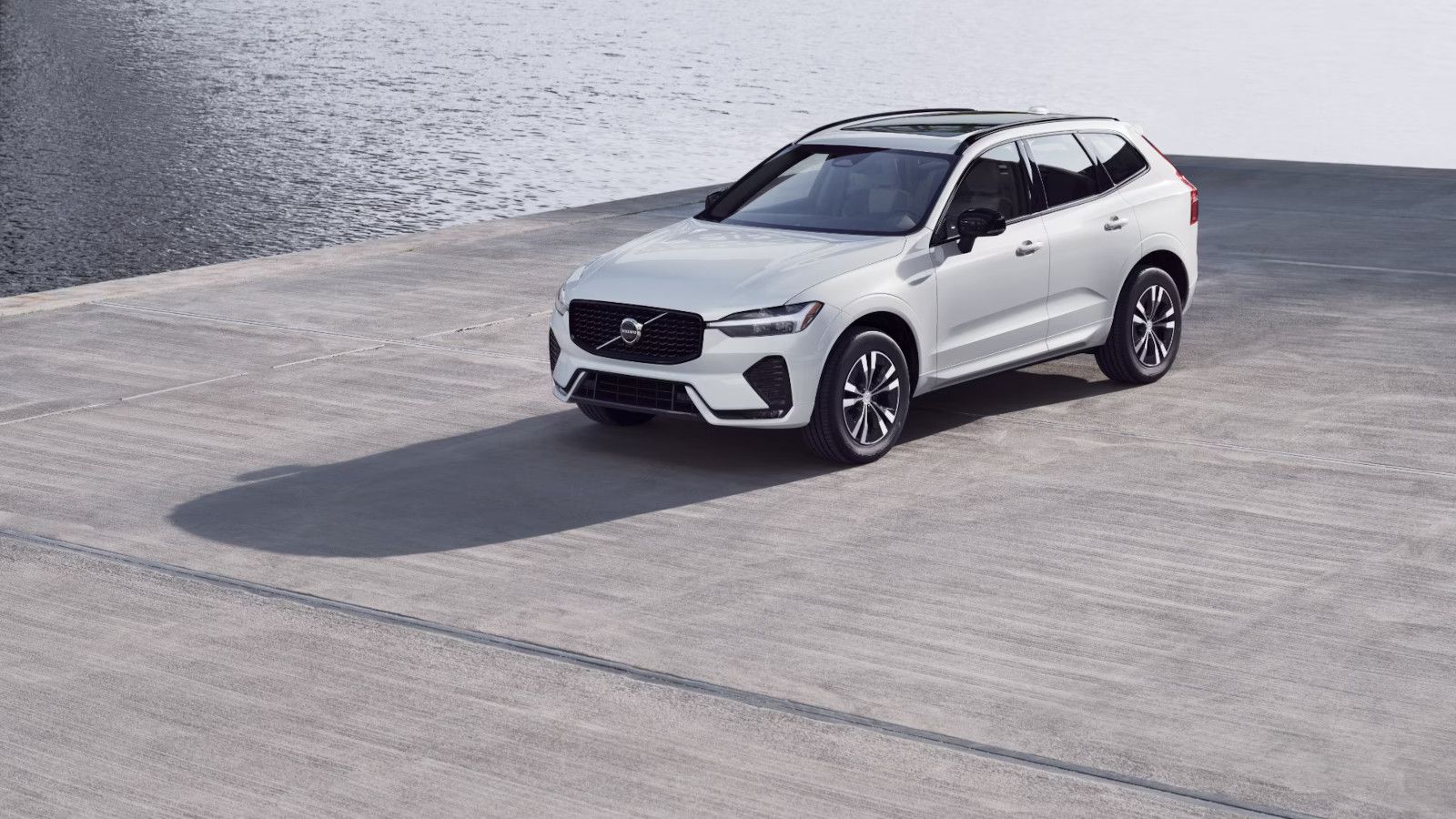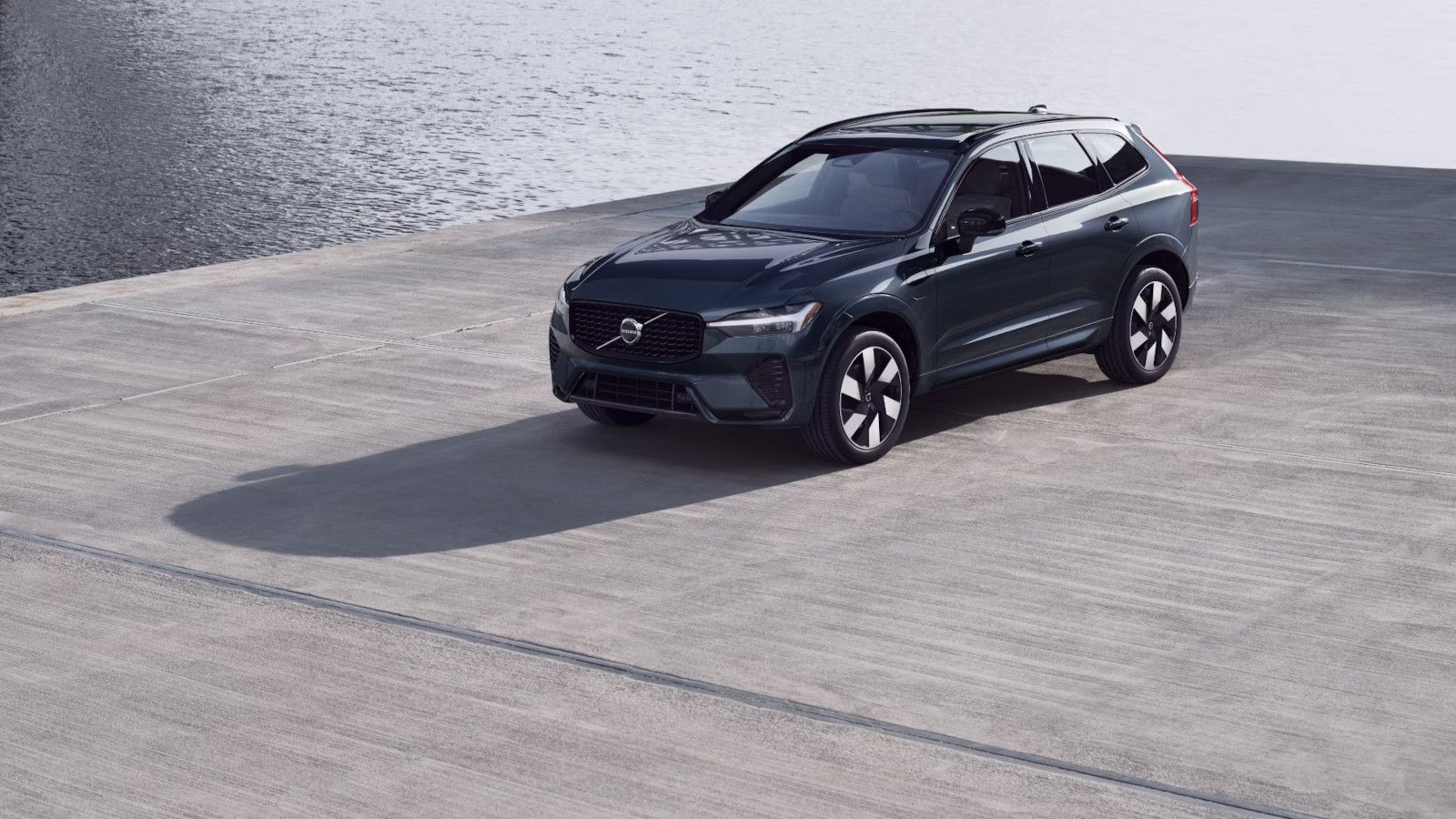
Discover the 2026 Volvo XC60 in Canada: Scandinavian Luxury Meets Urban Sophistication
Volvo Cars Toronto is proud to introduce the 2026 Volvo XC60, the premium midsize SUV reimagined for modern Canadian lifestyles. Blending...
Read moreVolvo Cars Toronto
The unveiling of the Volvo EX30 represents a significant leap for Volvo, spotlighting its reduced environmental footprint. Among Volvo's electric offerings, the EX30 is notable for having the smallest carbon footprint, a fact established through an in-depth Life Cycle Assessment (LCA).
This LCA reveals that the EX30's carbon footprint amounts to 23 tonnes across 200,000 km of usage. Impressively, this is 60% less than the carbon footprint of the petrol-powered XC40 ICE. The LCA comprehensively examines the emissions produced at every stage of the vehicle's life, from raw material extraction to disposal, offering a detailed view of its environmental impact.
A key insight from the LCA is the substantial decrease in carbon footprint achieved when the EX30 is charged with electricity generated from wind power. When compared to average global and European electrical sources, wind power reduces the vehicle's carbon emissions by around 42% and 22%, respectively. This highlights the vital importance of further developing renewable energy sources to maximize the environmental benefits of electric vehicles.
Jonas Otterheim, the lead for climate initiatives at Volvo Cars, stresses the critical role of electric vehicles in addressing climate change and the necessity for enhanced transparency to further decrease their emissions. The thorough examination of the EX30's carbon footprint aims to encourage more eco-friendly practices within Volvo and the auto industry at large.
The launch of the EX30 aligns with Volvo's wider environmental objectives, such as its pledge to offer an entirely electric range by 2030 and to eliminate greenhouse gas emissions by 2040. The EX30 is particularly noteworthy for incorporating the highest percentage of recycled materials in a Volvo vehicle to date and for its "cradle-to-gate" impact, which accounts for over 60% of its overall emissions and focuses on the production stage.
Volvo is actively working with its suppliers to further lessen the EX30's carbon dioxide emissions, specifically targeting a significant reduction in emissions associated with battery production by 2025. This will involve switching to renewable energy sources and increasing the use of recycled content during manufacturing.
Launched in November 2023, the EX30 has quickly earned acclaim, winning several awards for its environmental performance and design innovation. As Volvo leads the way in sustainable and transparent practices, the EX30 emerges as a pivotal development towards a more sustainable future, presenting drivers with an environmentally friendly option in electric transportation that meets their ethical standards.

Discover the 2026 Volvo XC60 in Canada: Scandinavian Luxury Meets Urban Sophistication
Volvo Cars Toronto is proud to introduce the 2026 Volvo XC60, the premium midsize SUV reimagined for modern Canadian lifestyles. Blending...
Read more
Why the 2024 Volvo XC60 Strikes the Ideal Balance Between Comfort and Capability
The 2024 Volvo XC60 offers a harmonious blend of luxury and performance, catering to drivers who demand both comfort and capability from their...
Read more
10 Ways the 2025 Volvo XC60 Delivers the Perfect Family Vehicle Experience
The 2025 Volvo XC60, a luxury compact SUV, continues to shine as one of the top choices for families, especially in the Canadian market. Volvo’s...
Read more